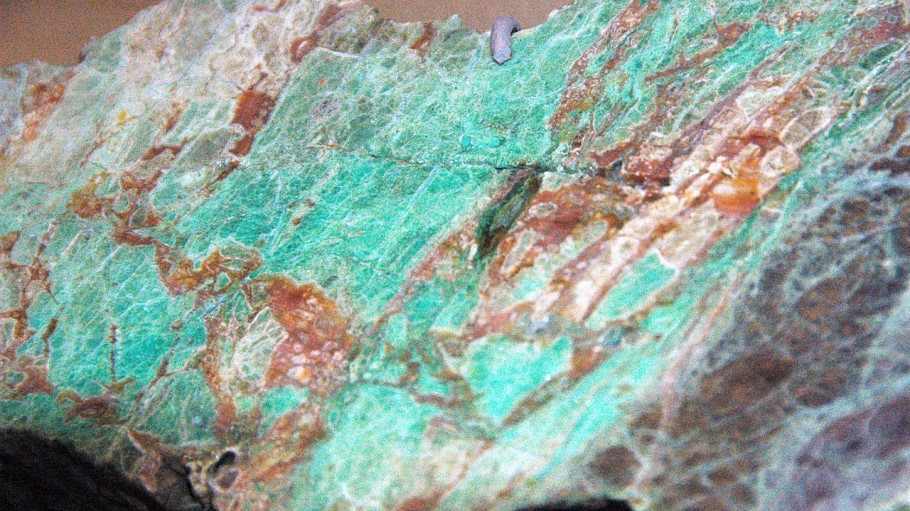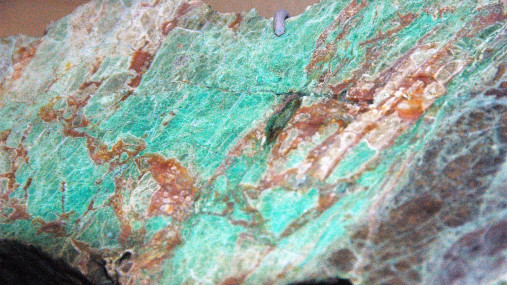
Press releases » EUROFER welcomes WTO ruling confirming Indonesia's illegal export ban of nickel ore
EUROFER welcomes WTO ruling confirming Indonesia's illegal export ban of nickel ore
Downloads and links
Recent updates

Brussels, 2 December 2022 – EUROFER welcomes the WTO Panel report ruling against Indonesia’s ban on the export of nickel ore. These measures have been artificially distorting the global market for nickel ore and fuelling the new export-oriented stainless steel production in Indonesia, whilst harming the EU stainless sector.
“The WTO dispute resolution panel confirms what EUROFER has been saying for the past four years: the Indonesian measures on nickel constitute a violation of its obligations under WTO rules”, said Axel Eggert, Director General of the European Steel Association (EUROFER). “Our stainless industry has been suffering from massive Indonesian exports into the EU at very low prices, while the stainless steel products made in the EU have a carbon footprint five to six times lower. This is a nonsense that should not be tolerated by the EU any longer against the background of the EU 2030 climate targets”, he added.
Nickel is a key component in the production of stainless steels. Around 55% of all stainless steels contain nickel, as it improves corrosion resistance and properties.
The Indonesian stainless steel industry was developed and built upon locally-available nickel ores from the outset, taking advantage of the local export ban that unduly grants an unfair competitive advantage to the Indonesian producers, whose business model is based on exports.
The EU requested consultations at the WTO in November 2019, and the establishment of a Panel in January 2021. The WTO panel report was made public on 30 November 2022.
“EUROFER acknowledges the EU’s solid commitment against these trade-distorting policies fuelling global non-market overcapacities in steel. It is now of utmost importance that the EU ensures proper, rapid and effective compliance by Indonesia with the WTO Panel recommendations", concluded Mr. Eggert.
Contact
Lucia Sali, Spokesperson and Head of Communications, +32 2 738 79 35, (l.sali@eurofer.eu)
About the European Steel Association (EUROFER)
EUROFER AISBL is located in Brussels and was founded in 1976. It represents the entirety of steel production in the European Union. EUROFER members are steel companies and national steel federations throughout the EU. The major steel companies and national steel federation of Turkey and the United Kingdom are associate members.
The European Steel Association is recorded in the EU transparency register: 93038071152-83.
About the European steel industry
The European steel industry is a world leader in innovation and environmental sustainability. It has a turnover of around €125 billion and directly employs around 310,000 highly-skilled people, producing on average 153 million tonnes of steel per year. More than 500 steel production sites across 22 EU Member States provide direct and indirect employment to millions more European citizens. Closely integrated with Europe’s manufacturing and construction industries, steel is the backbone for development, growth and employment in Europe.
Steel is the most versatile industrial material in the world. The thousands of different grades and types of steel developed by the industry make the modern world possible. Steel is 100% recyclable and therefore is a fundamental part of the circular economy. As a basic engineering material, steel is also an essential factor in the development and deployment of innovative, CO2-mitigating technologies, improving resource efficiency and fostering sustainable development in Europe.

Download files or visit links related to this content
Joint Industry Statement
Brussels, 11 February 2026 - The European Steel Association (EUROFER) has backed a call to action adopted by European companies and industries in Antwerp today, which includes a demand on the EU to take urgent action to bring electricity prices down as a condition for Europe’s industrial drive, competitiveness and economic resilience.
The automotive value chain is of vital importance to the EU steel industry and requires an integrated approach to realising the decarbonisation transition in a pragmatic way.